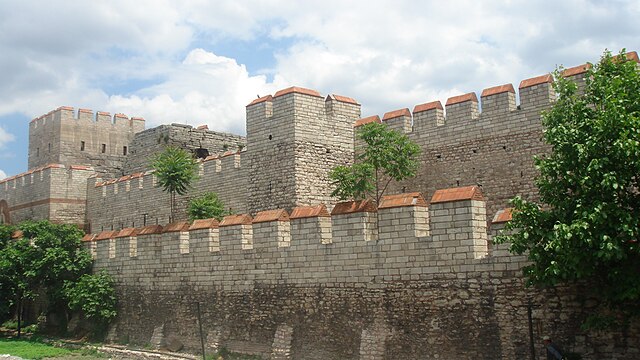Greek scholars in the Renaissance
The migration waves of Byzantine Greek scholars and émigrés in the period following the end of the Byzantine Empire in 1453 is considered by many scholars key to the revival of Greek studies that led to the development of the Renaissance humanism and science. These émigrés brought to Western Europe the relatively well-preserved remnants and accumulated knowledge of their own (Greek) civilization, which had mostly not survived the Early Middle Ages in the West. The Encyclopædia Britannica claims: "Many modern scholars also agree that the exodus of Greeks to Italy as a result of this event marked the end of the Middle Ages and the beginning of the Renaissance", although few scholars date the start of the Italian Renaissance this late.
Demetrios Chalkokondyles (brother of Laonikos Chalkokondyles) (1424–1511) was a Greek Renaissance scholar, Humanist and teacher of Greek and Platonic philosophy.
John Argyropoulos (1415–1487) was a Greek Renaissance scholar who played a prominent role in the revival of Greek philosophy in Italy.
One of Georgius Gemistus (Plethon)'s manuscripts, in Greek, written in the early 15th century.
Manuel Chrysoloras
The fall of Constantinople, also known as the conquest of Constantinople, was the capture of the capital of the Byzantine Empire by the Ottoman Empire. The city was captured on 29 May 1453 as part of the culmination of a 53-day siege which had begun on 6 April.
The siege of Constantinople (1453), French miniature by Jean Le Tavernier after 1455.
Restored Walls of Constantinople
The chain that closed off the entrance to the Golden Horn in 1453, now on display in the İstanbul Archaeology Museums.
Modern painting of Mehmed and the Ottoman Army approaching Constantinople with a giant bombard, by Fausto Zonaro.








